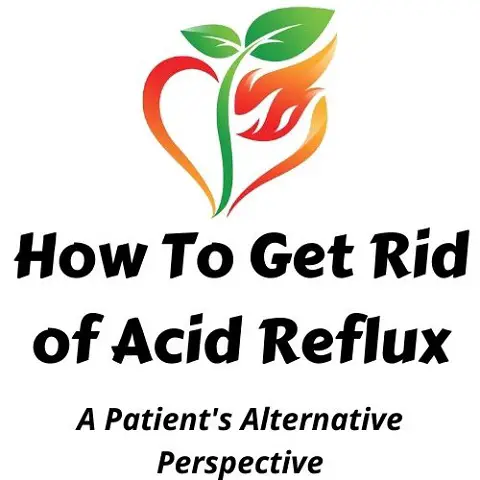Any links on this page that lead to products on Amazon and other companies may be affiliate links and we earn a commission if you make a qualifying purchase. Thanks in advance for your support!
Fatty foods tend to take longer to digest, and just by remaining in your stomach longer, present more opportunities for reflux to occur. However, studies are inconclusive on a direct relationship between fat consumption and acid reflux; what is clear is that being overweight is a risk factor for reflux and more serious complications.
To find out more, read on below…
Night time reflux? Read how to avoid it here
At one time fat in your food was almost equivalent to smoking – it was a big no no if you wanted to stay healthy.
However, it is now experiencing a renaissance as part of a balanced diet, as dietitians come round to thinking that there are clear health benefits, compared to getting your calories from other sources such as carbohydrates.
Higher fat, lower carb diets are now being employed to fight obesity, and even control (and in some cases reverse) Type 2 diabetes. The Paleo diet is one such approach.
Does Alkaline water help with reflux? Find out here
Obesity and Gerd
Over one third of the American population is now classified as obese, and Gastroesophageal Reflux Disease (GERD) is present at a much higher rate in the obese population (at 60 – 70 %) than than in the general population (10 – 20%).
Obesity has been identified as a risk factor in acid reflux, here. In another study, obese participants were 2.5 times as likely as those with normal BMI (less than 25) to have reflux symptoms or esophageal erosions (which are lesions in the esophagus caused by acid).
Just being overweight is a problem. A study in 2004 of volunteers into their dietary habits, and any associated reflux symptoms, found that high saturated fat, cholesterol, or fat servings were associated with GERD symptoms only in participants with a BMI greater than 25 – ie in those who were overweight.
Time and time again I have seen references to significant improvements in reflux symptoms as a result of losing weight.
However, It seems that losing weight naturally may be preferable to Bariatric surgery (weight loss). Research indicates that one of the more popular surgical methods – sleeve gastrectomy – has a relatively small impact on the reduction of acid reflux instances, and in some cases instigates GERD.
The conventional wisdom is that it will always be best to eat as healthily as possible, cutting out excess fat and eating more, rather than less, greens and vegetables.
Types of Fat
There are basically 4 types of fat:
Saturated – Butter, meat, coconut oil, and palm oil contain saturated fat.
Trans Fat – Artificial fats found in vegetable oils and margarines.
Monounsaturated – A constituent of olive oil, peanut oil, canola oil, safflower oil, and sesame oil.
Polyunsaturated – Found in fatty fish, walnuts, soybean oil and flax seed.
There is much debate about the pros and cons of each, particularly in the context of a Paleo diet mentioned above, where saturated fats are now considered “good”. Also, mono- and poly- unsaturated fats are thought to offer distinct health benefits.
So do fatty foods cause GERD?
Fatty foods tend to take longer to digest, and just by remaining in your stomach longer, present more opportunities for reflux to occur.
A small study in 2006 found participants who consumed more cholesterol, saturated fatty acids and had more percentage calories from fat were significantly more likely to experience a reflux event.
Another small study, conducted in 2014, titled “Dietary guideline adherence for gastroesophageal reflux disease” found participants with severe symptoms of GERD had higher total fat consumption than those without GERD. Those with frequent occurrences also had higher fat levels in their food.
However, an earlier one, in 2004 found that high saturated fat, cholesterol, or fat servings were associated with GERD symptoms only in participants with a BMI greater than 25 – ie in those who were overweight.
Conclusion
It’s evident that more research is required to answer the question “do fatty foods cause GERD?” but what seems clear is that being overweight is a risk factor for reflux and more serious complications.
What are your experiences? In your case do fatty foods cause GERD? let us know in the comments section below.

Leave a Reply